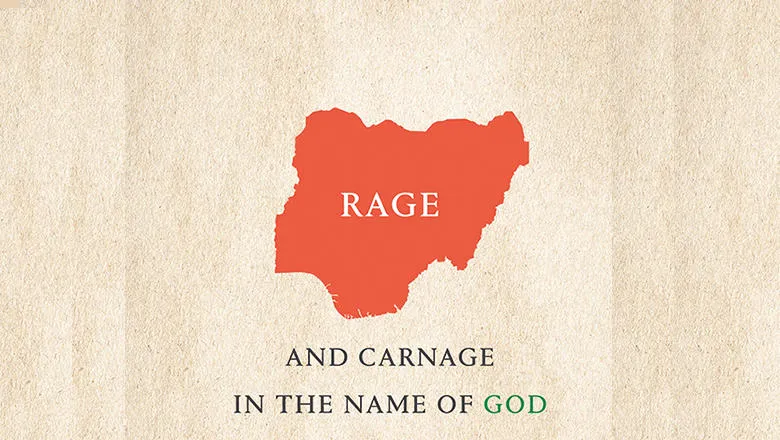Religion is, perhaps, the most controversial subject in Nigeria. Now in 2022, the situation with religious violence has become even more worrisome, with it having become connected with other ethnopolitical violence of such nihilistic proportions that many were concerned about the continued existence of the Nigerian state itself. I hope this book explains the root causes and sheds light on those who are benefitting from it.
Abiodun Alao, Professor of African Studies at the African Leadership Centre
21 July 2022
New book sheds light on religious violence in Nigeria and those who gain from it
Abiodun Alao, Professor of African Studies at the African Leadership Centre, has released his latest book investigating the root causes and historical evolution of Nigeria’s religious violence.

A British Broadcasting Corporation (BBC) survey carried out in January 2004 depicted the country as the world’s “most religious nation”, with over 90 percent of those sampled saying that they “believed in God,” “prayed regularly”, and were ready to “die for their religious belief.”
The number of Nigerian citizens who have died as a result of religious violence in the last four decades more than doubles those of all other African countries put together. By 2018, Nigeria was the third worst-hit country on the Global Terrorism Index – after Iraq and Afghanistan.
Professor Alao's new book, Rage and Carnage in the Name of God examines the examines the emergence of this culture of religious violence in post-independence Nigeria, where Christianity, Islam, and traditional religions have all been associated with violence.
He locates the root cause in the forced coming together of disparate ethnic groups under colonial rule, which planted the seeds of discord that religion, elites, and domestic politics exploit. He also uses religious violence as a way to more fully understand intergroup relations in contemporary Nigeria.
While most books on religious violence in Nigeria focus on Islam and the violence generated within and beyond its different sects or against the adherents of other religions, this rich work also engages with the violence perpetrated by Christians against Muslims. It remarkably traces the history and contours of religious violence in Nigeria’s post-independence history while elaborating on the difficult process of state-building in the context of generalized violence. Rage and Carnage in the Name of God meets a critical need in the general scholarship on Nigeria and global studies in the age of religion-inspired terrorism.
Wale Adebanwi, author of Yorùbá Elites and Ethnic Politics in Nigeria
Print copies of Rage and Carnage in the Name of God are available from August and can be pre-ordered from the Duke University Press website.
Professor Alao is the author of several other books, including A New Narrative for Africa: Voice and Agency, Mugabe and the Politics of Security in Zimbabwe, and Natural Resources and Conflict in Africa: The Tragedy of Endowment.

